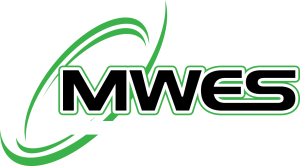Frequently Asked Questions
Your questions answered
Below are some frequently asked questions (FAQ) about ADDere and our services.
Does ADDere sell its systems or equipment?
Yes. In addition to our in-house print services, we also have available our additive systems and engines. The systems range from a standard drop-in enclosure to a fully customized system that can build in much larger part sizes. Additionally, ADDere’s systems can be integrated into an existing manufacturing process.
What metal alloys can ADDere print?
ADDere can print in a number of different alloys and superalloys that are available as welding wire. Those alloys include:
- Titanium (Ti-6AI-V4, Ti-6-2-4-2, CP Ti)
- Duplex stainless steel
- Stainless steel (316L, 15-5, 17-4)
- Nickel Alloy Inconel® (617, 625, 718, 722)
- Invar® 36
- Hastelloy
- Refractory C103
- Tool steel (D2, H13, A2)
- Carbon steel
What is the largest size part that ADDere can print?
The largest part our in-house print service can produce is approximately 200 x 100 x 100 cm (80 x 40 x 40 in), and individual builds can be welded together for greater sizes. Alternatively, our made to order custom system can be designed to print even larger parts and integrated into your existing manufacturing process.
What is the maximum weight that ADDere can accommodate?
ADDere’s in-house printing service can accommodate a part (including the fixturing) that weighs as much as 1000 kg (2200 lbs). However, our custom built systems can go as high as 10,000 kg (22,000 lbs) per part.
Do the 3D printed parts require any special heat treatment?
3D printed parts require no special heat treatment to finalize the part. A heat treatment process can be provided if necessary.
How much material waste does ADDere’s 3D printing produce?
Because ADDere can produce near-net shaped parts, the material waste generated is essentially zero. Which will in turn keep the overall material costs down when compared to casting or subtractive machining.
What are the dimensions of each layer pass?
Typically, the ADDere LWAM process prints at a layer height of 1-2 mm with a bead width of around 5-6 mm per pass.
How long does it take ADDere to produce each part?
Build time varies based on the size, material and complexity of the part. The time frame for the build process can be from a few hours to several days. We can provide a time estimate based on the part specs and drawings that you provide us.
How dense are ADDere's 3D printed parts?
ADDere’s LWAM 3D printed parts typically have a density greater than 99.99%.
Is ADDere's feedstock powder or wire-based?
The feedstock ADDere uses is high-quality, readily available 0.6-1.6mm welding wire. Laser-wire additive manufacturing is less prone to impurities in the build and it is safer to work with than powder.
What process does ADDere use to ensure Quality Control?
ADDere utilizes a MetraSCAN 3D optical CMM to ensure dimensional quality control and print repeatability. This tool allows us to detect defects, surface variations and dimensional quality on any parts we print. Learn More.
What robot manufacturers is ADDere compatible with?
We have robot drivers for ABB, KUKA and FANUC robot systems. ADDere’s additive engines can be fixtured on a brand new robot or your existing robot.
Why large-scale and not small-scale printing?
Large-scale additive manufacturing (LSAM) refers to the production of parts that are larger than one meter in any dimension. ADDere’s LSAM process can produce large parts significantly faster than a small-scale additive system building the same part.
Does ADDere provide any part finishing services?
Yes, we have the capacity to perform any number of finishing that may be necessary on the part. These services include grinding, deburring, sanding, welding, polishing and painting.
Is additive manufacturing the same as 3D Printing?
3D printing is a frequent description of the additive manufacturing process; both names refer to the same technique and signify the same thing. However, the phrase additive manufacturing is often used in industry.
Does ADDere follow ITAR compliances?
Yes. ADDere shares the same facility and all compliances with Midwest Engineered Systems Inc including but not limited to ITAR. Learn more about ADDere’s compliance with ITAR
Is additive a replacement for traditional manufacturing?
Due to the time required to make parts, additive manufacturing is unlikely to completely replace traditional manufacturing. Traditional manufacturing is still preferred for basic and easy-to-manufacture things, but additive manufacturing is quickly becoming the preferred method for producing smaller quantities of more complicated parts.
Where are the ADDere facilities located?
We are located in Waukesha, WI at the Midwest Engineered Systems headquarters. Just 20 minutes west of Milwaukee, WI. Learn more
If you have any additional questions about ADDere’s services and systems that were not answered in this FAQ, please feel free to reach out to us.
Next Level Industrial-grade Laser Wire Additive Manufacturing
What's going on at ADDere
Latest Blog Posts
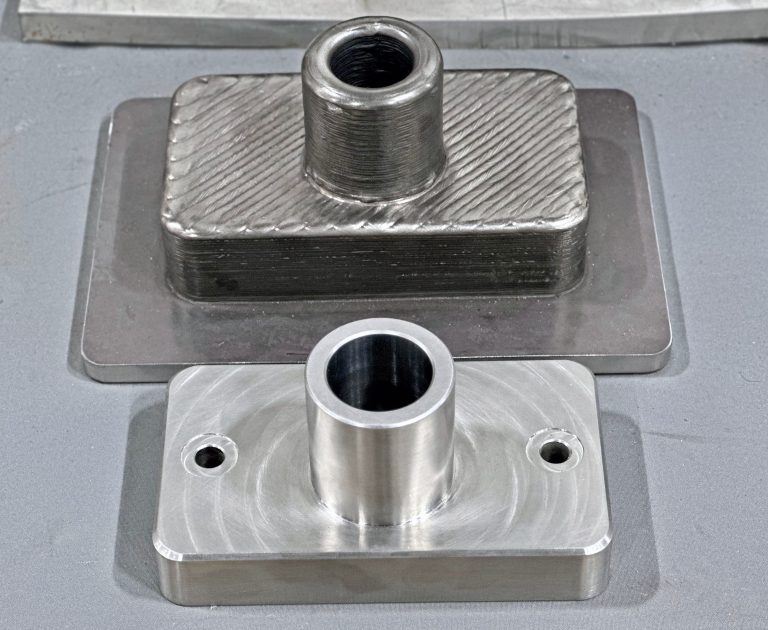
Are 3D Printed Metal Parts Produced with ADDere Strong?
ADDere’s additive manufacturing has revolutionized the production of strong metal-alloy parts, offering unprecedented flexibility and precision. One of the most exciting developments in this field
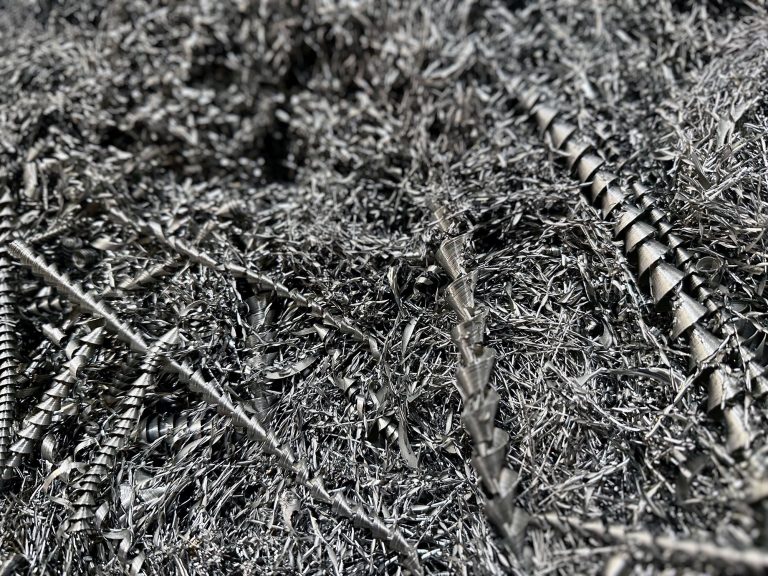
Mitigate Tariffs on Steel by Reshoring Your Manufacturing with ADDere
When it comes to large-scale metal parts manufacturing, ADDere can be a lifesaver for many businesses concerned with high import prices of steel. For decades,
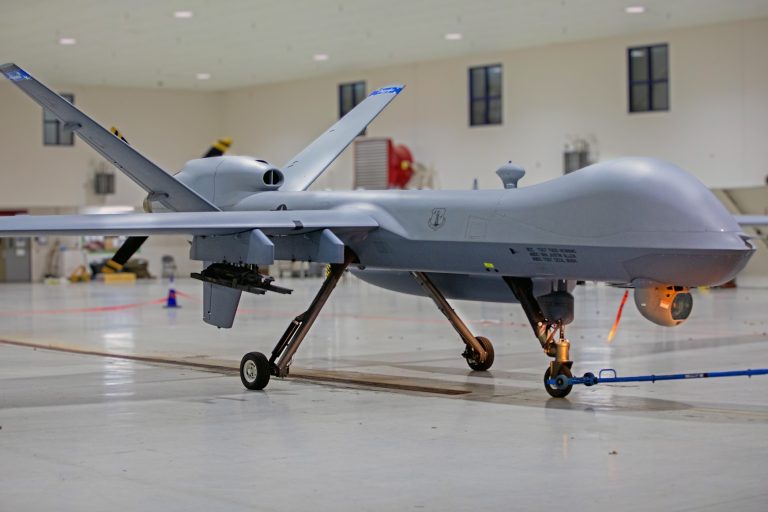
Harnessing ADDere’s Additive Manufacturing Process for Next-Generation Drones
Industrial applications of drones are soaring to new heights in 2025. From utilities and infrastructure inspection to agriculture and defense applications are industries that will
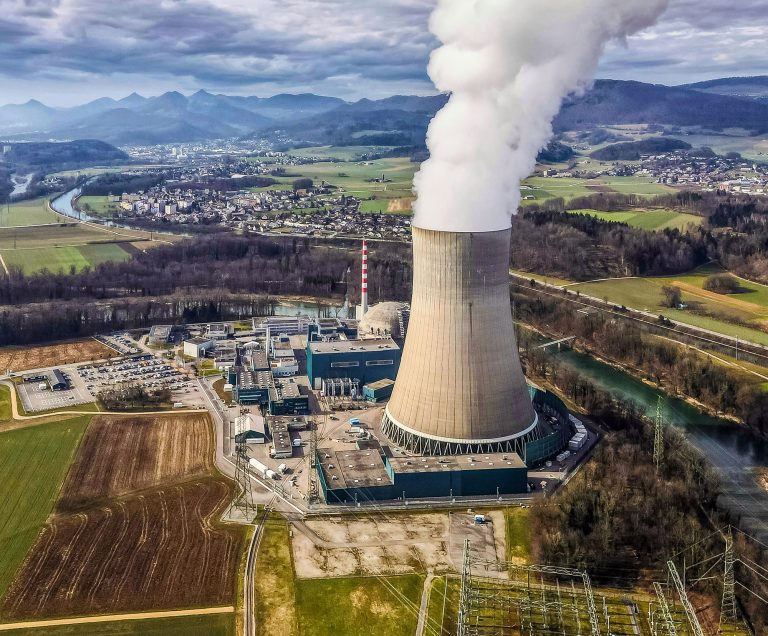
From Concept to Core: How ADDere Transforms Nuclear Reactor Components
Additive manufacturing has been gaining traction in the nuclear energy industry. The development and maintenance of nuclear reactors demand components that meet stringent safety standards
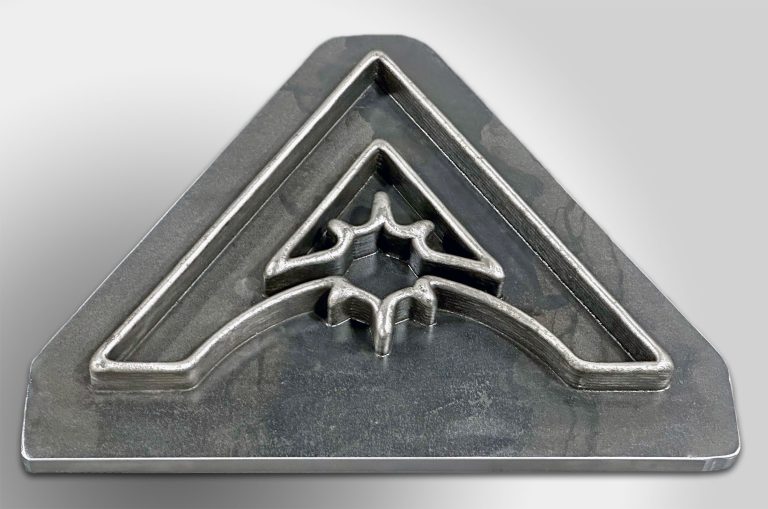
White Paper: The Impact of Additive Manufacturing on Cost, Efficiency & the Future
ADDere’s metal laser-wire additive process is a proven technology for producing complex large-scale metal parts for the defense and aerospace industries. With increasing interest in
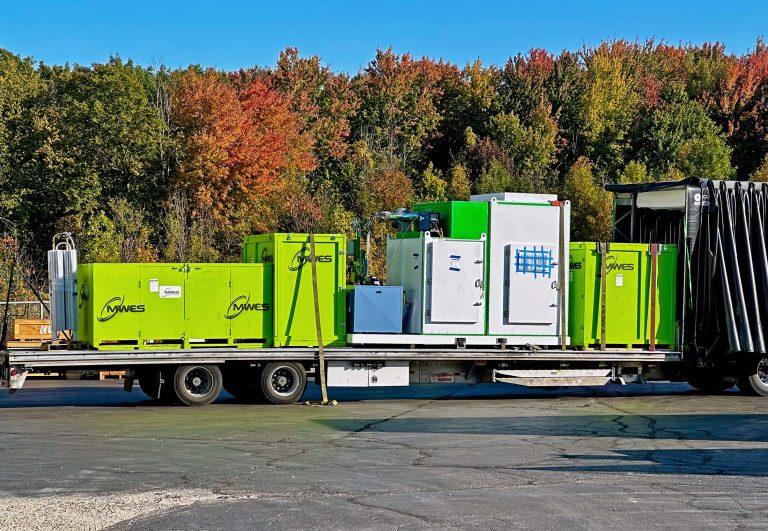
Cost-Benefit Analysis of ADDere’s Additive Manufacturing Process
ADDere’s metal additive manufacturing process has transformed the manufacturing landscape by enabling the production of complex parts with unprecedented precision. Additive manufacturing has evolved from

